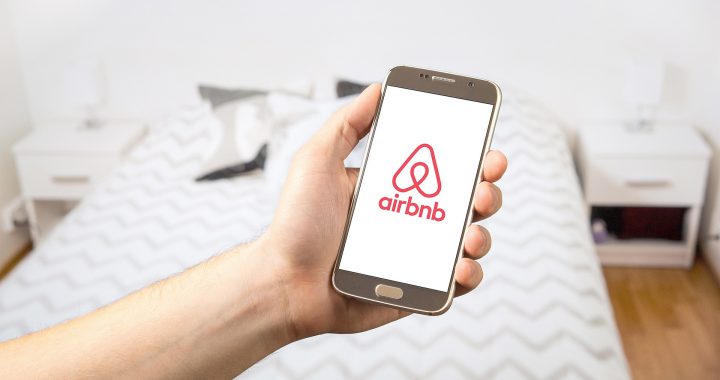If you haven’t heard of AirBnB, you might be living under a rock. The fast growing traveling service is currently worth $30 billion with thousands of hotels copying its’ laid back approach to where people stay when they are visiting a brand new place. The concept started when the founders decided to list their couch on online for people to stay at, and the “couch surfing” site blew up from there.
Things have happened before…
But this concept of having travelers stay in your home has drawn some crazy circumstances that the service is currently trying to regulate. For example, when hosts have rented their entire apartments or houses to guests and have to stay elsewhere, they have some back to theft and wild messes left over from parties. AirBnB is trying to have the situation better for both the hosts and the guests by providing background check services to all those registered on their website. Hosts have routinely gone through the standard background check when renting out their homes, including checking databases of public, state, and county criminal records. They also do local background checks for registered sex offenders.
What else do they check?
Airbnb also checks the OFAC list. The OFAC list, or Office of Foreign Assets Control of the U.S. Department of the Treasury, administers and enforces economic and trade sanctions based on U.S. foreign policy and national security goals against targeted foreign countries and regimes, terrorists, international narcotics traffickers, those engaged in activities.
But the background checks do have limitations Airbnb warns users about on its website. The site does not guarantee a background check on all hosts or guest. Also, guests who are going to be with the person booking the stay are not checked. And the check is only run once when the user is first registering for the website, so later arrests will not be checked.
